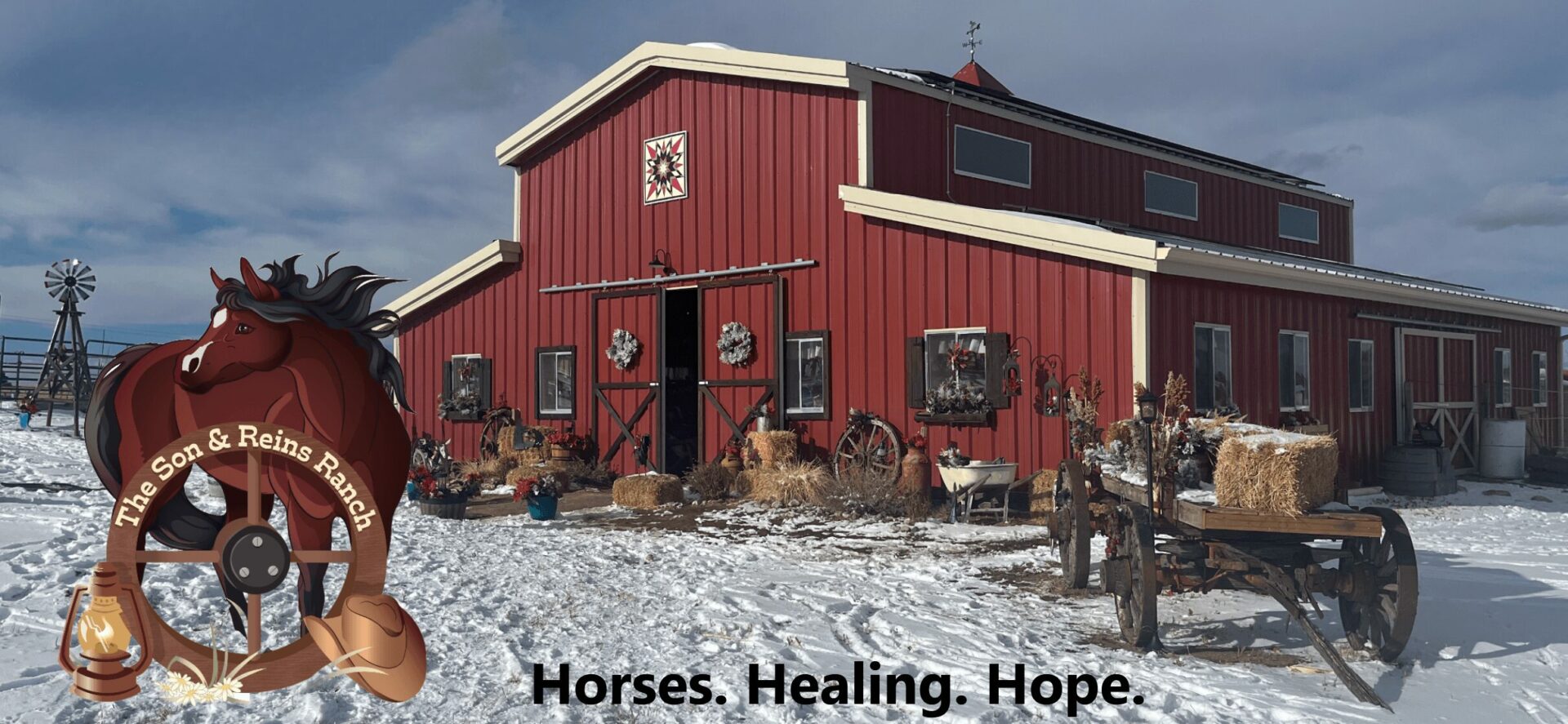We recently connected with Sharron Wilen and have shared our conversation below.
Sharron, so great to have you on the platform and excited to have you share your wisdom with our community today. Communication skills often play a powerful role in our ability to be effective and so we’d love to hear about how you developed your communication skills.
Growing up, I never gave communication much thought. I just took it for granted and did a lot of assuming (ie- assuming I was understanding and being understood). In college, I ended up graduating with a Communications degree simply because I didn’t know what I wanted to do and I figured no matter what I did, it would involve communication!
So, I graduated college, still had no idea what I wanted to do, and was a baby Christian with little to no sense of purpose.
Long story short, my friend’s mom asked if I’d be willing to help her, for minimum wage, for 3 weeks at her job. She worked at Youth for Christ, a worldwide Christian organization. So, that’s how God got me in the back door and started what turned into a career in full-time ministry. Those 3 weeks turned into 18 years with the organization!
What does this have to do with communication? Well, as I grew in my knowledge and faith, and I began to learn my strengths and weaknesses, and my passions and purpose developed, I had opportunities to serve overseas — both short term and long term. There’s nothing quite like going to another culture to teach you about communication! Especially when you’re in another country that speaks English. I lived in Australia for a number of years. I learned very quickly that what is said, is not always what is heard or understood. This truth played out in a very literal sense overseas, and between this and working with at-risk youth, it taught me how very true it is in an emotional sense too.
We say and hear things through our own filters, which are all clogged from various lies we’ve been told, hurtful experiences we’ve endured, fears and insecurities we feel, etc.
The more people I’ve worked with over the years (individuals, couples and families), the more I’ve learned to be sensitive to what’s not being said, what’s actually being said, and what I’m saying, verbally and nonverbally.
Since 2012, I’ve run my own nonprofit (The Son and Reins Ranch) doing equine-assisted experiential learning sessions with people who are hurting or struggling for any reason. Working with horses, who don’t use any words at all but who communicate from head to tail, has also taught me a lot about communication. Horses are prey animals, while humans by nature are predators…. We have very different needs, priorities, perspectives, much like being in a cross-cultural environment. The beauty of horses though, is that they never lie and they are always present. So, they can teach us a lot about what’s effective and what’s not effective in our communication and approach.
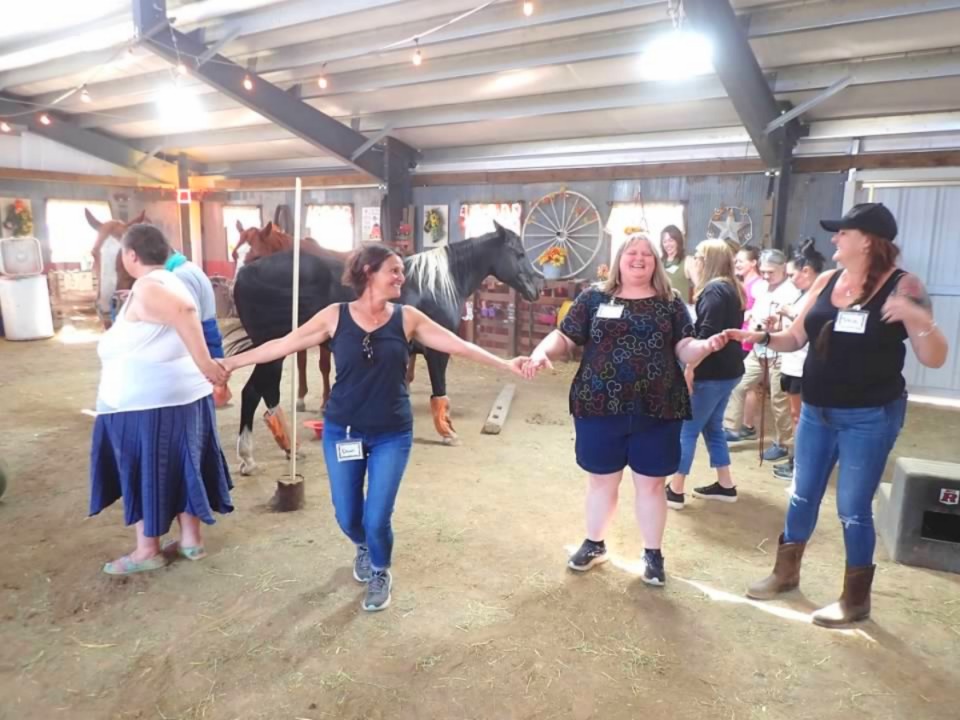
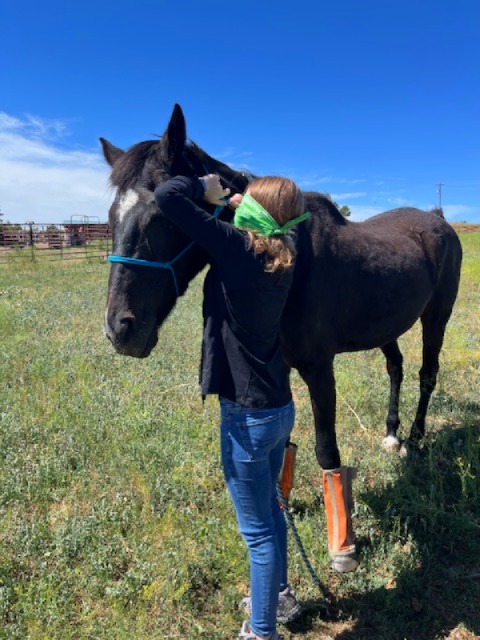
Let’s take a small detour – maybe you can share a bit about yourself before we dive back into some of the other questions we had for you?
The Son and Reins Ranch offers equine-assisted-learning and philosophy (EAL/ EAP) sessions with our rescued horses. The sessions are designed to help people work through various mental, emotional and relational challenges.
EAL is experiential learning with horses. What’s really exciting about it is that, unlike traditional talk therapy, it engages all the senses, it’s hands-on and interactive, it happens in real time, and therefore leads to greater understanding, application and retention. People can experience breakthroughs very quickly that lead to healing.
Whether it’s an individual, a couple or a family, most see and feel immediate results, which encourages and keeps them motivated to continue doing the hard work required for effective change and growth towards mental, emotional and relational health.
Another really exciting aspect is that what happens in any given session, is authentic and pure, not led by, controlled by or perceived through other people’s clogged filters. Our facilitators can’t control or manipulate the horses to do certain things at certain times. Horses give honest and immediate feedback to what they’re faced with, so their response is pure. The session participants can get as much out of each session as they’re ready for, it’s totally up to them.
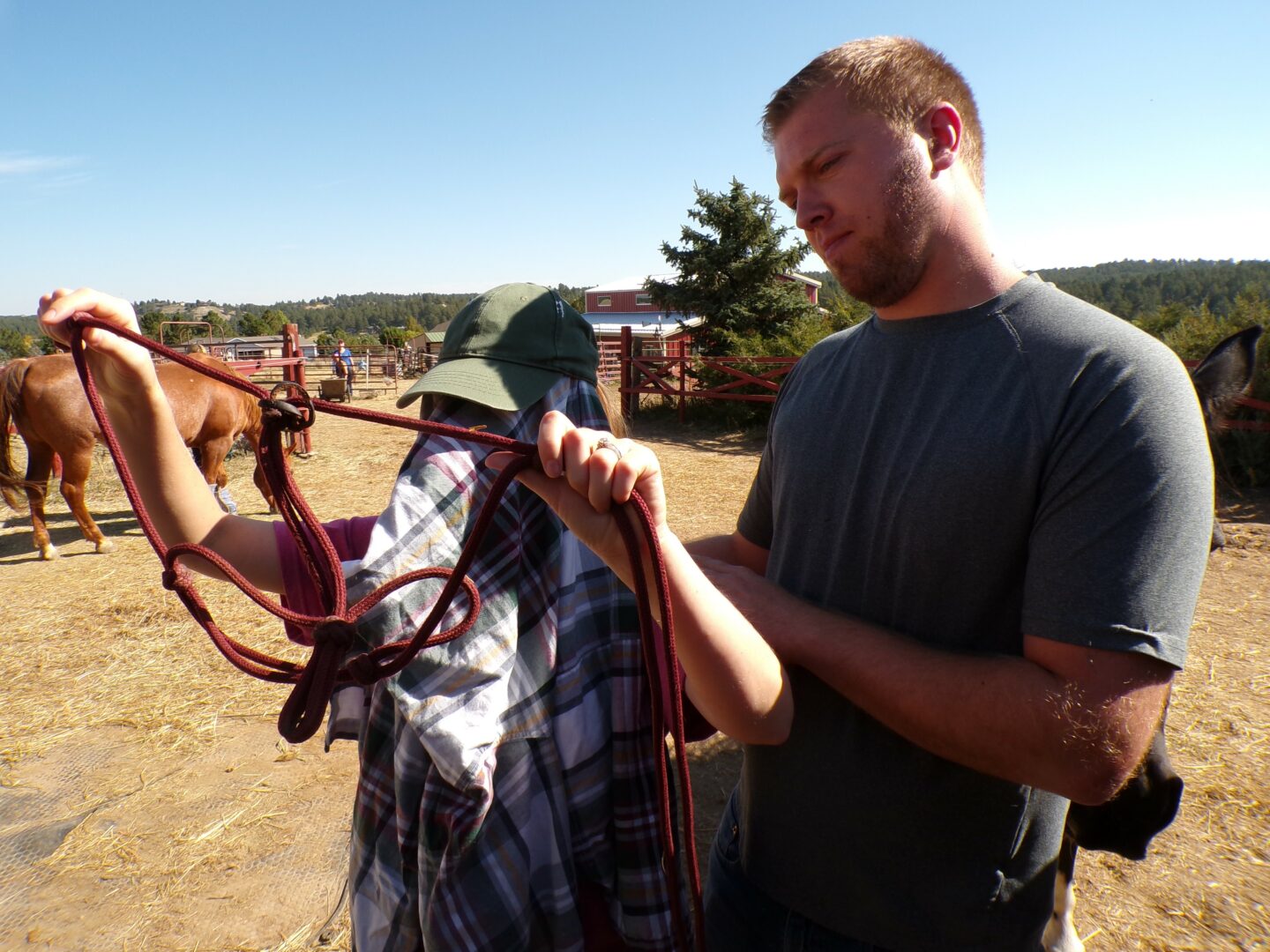
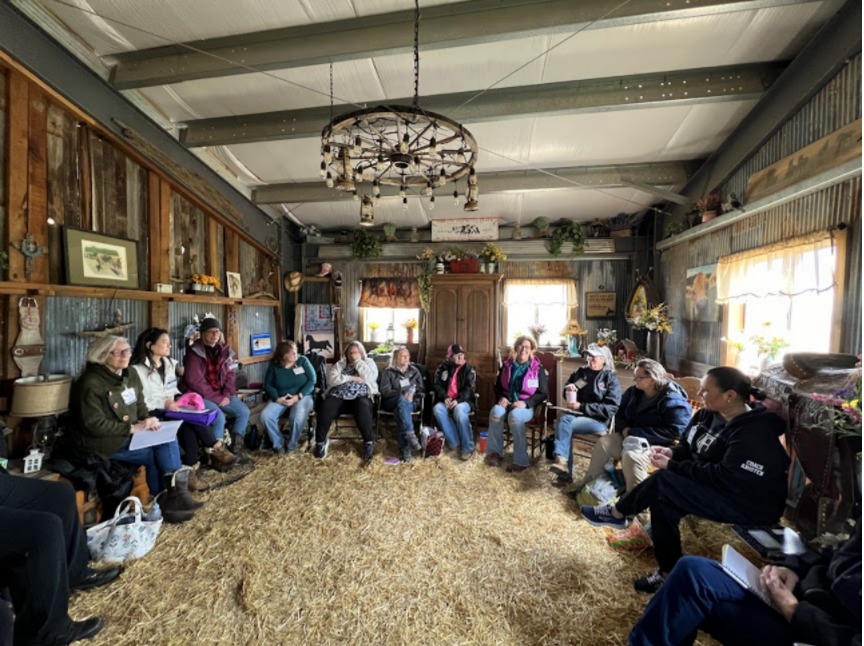
If you had to pick three qualities that are most important to develop, which three would you say matter most?
1) Adventure/Courage — Don’t wait to have the whole road map before taking the first step!
2) Faith — Trust the process, God really does have a purpose and plan, especially in the delays and detours!
3) Humility and availability — Wherever you are, whatever you’re doing, be available to those around you, and don’t think it’s “all about you” being “qualified”. etc. God doesn’t call the equipped, HE equips the called — that’s not just a nice saying, I’ve really lived it out!
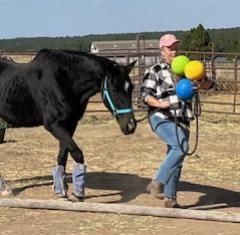
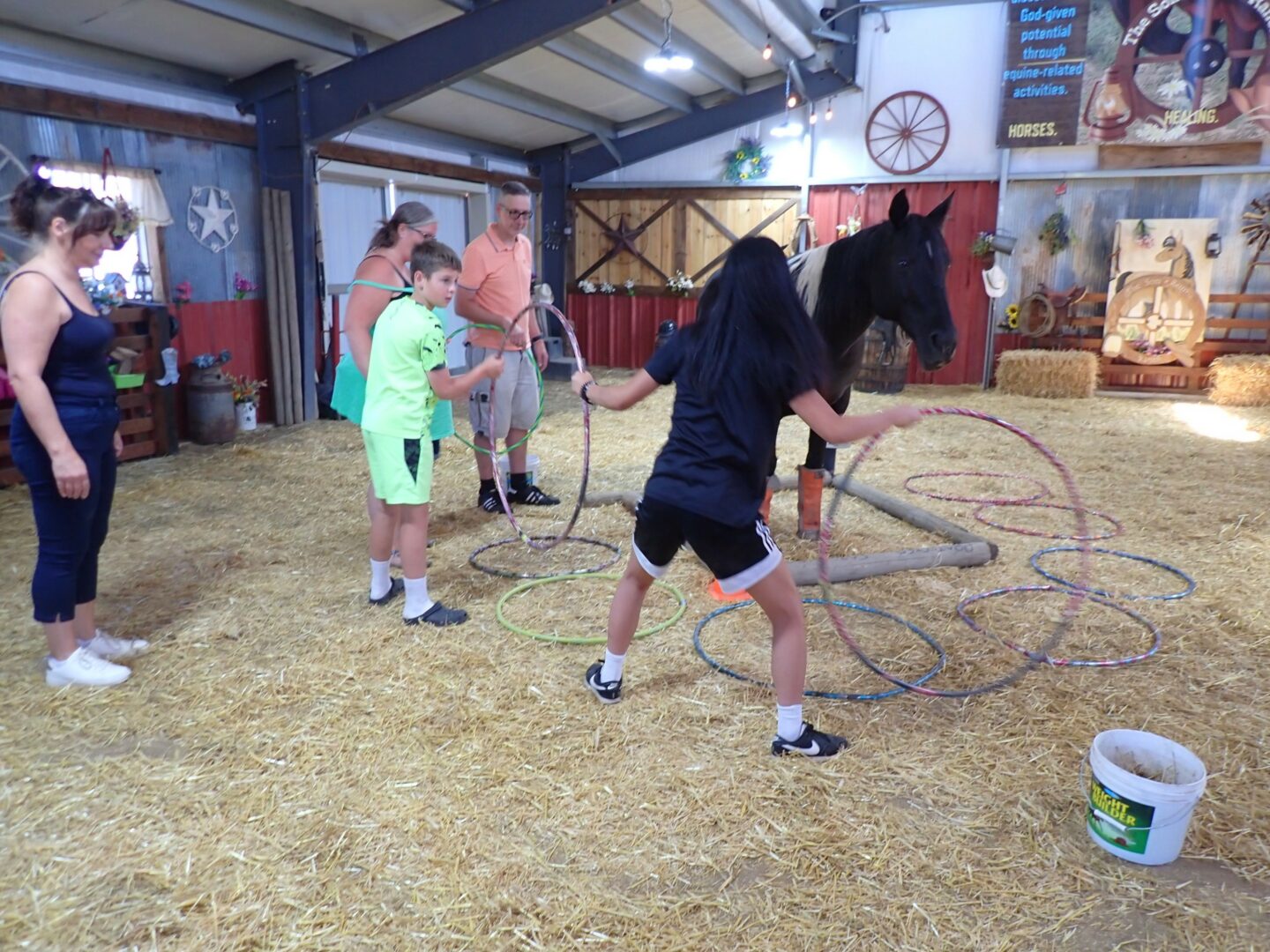
Okay, so before we go we always love to ask if you are looking for folks to partner or collaborate with?
We are always looking to partner with other organizations! We love to be a resource to further assist and expand people’s options for getting the help and support they need.
I don’t know anybody who doesn’t struggle with something, yet most people don’t see themselves as needing “therapy”, but they’re open to doing equine therapy sessions.
The more people who know about us, the more people we can come alongside!
Contact Info:
- Website: https://www.thesonandreinsranch.org
- Facebook: https://www.facebook.com/thesonandreinsranch/
- Youtube: https://www.youtube.com/@thesonandreinsranch
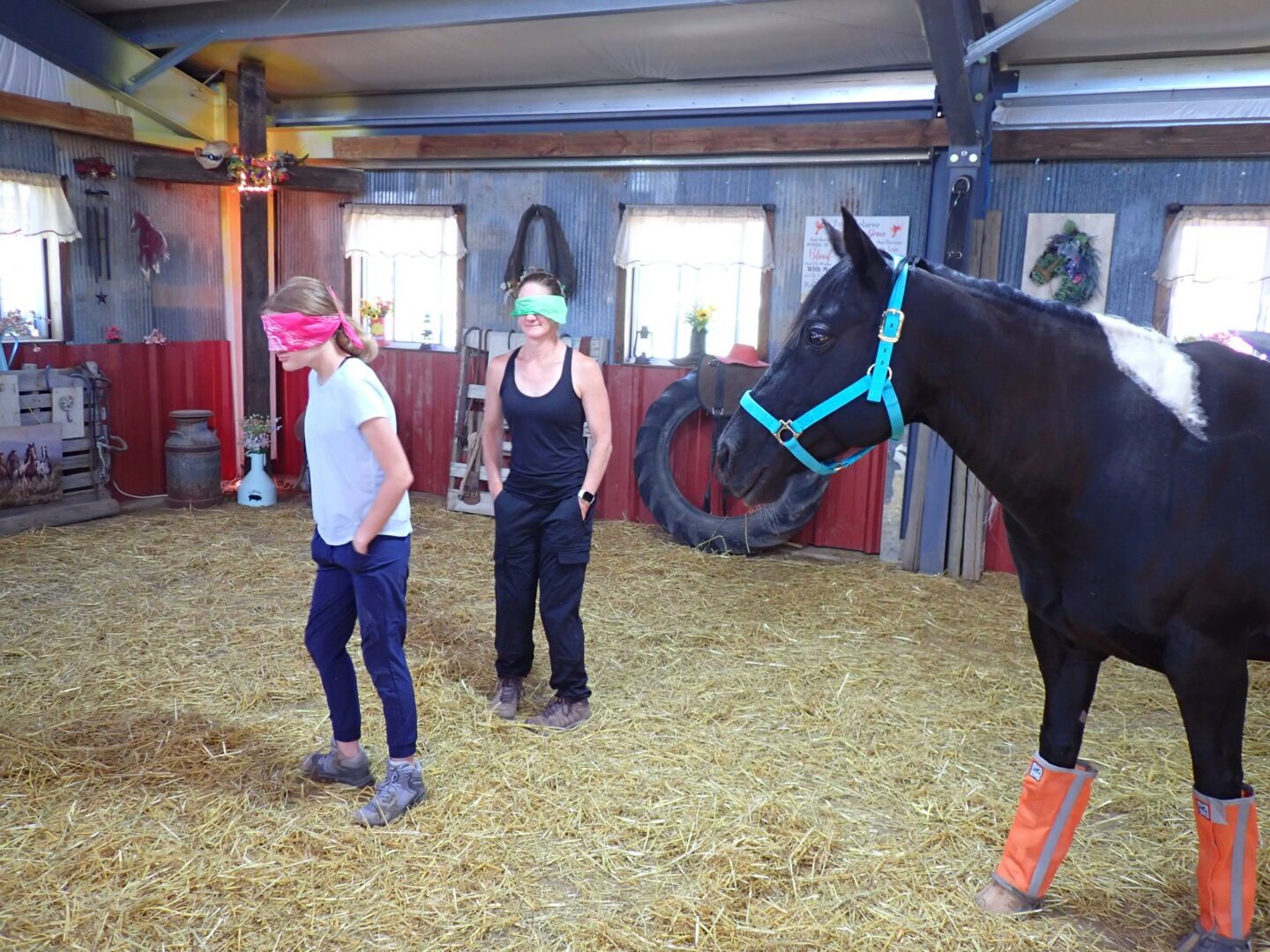
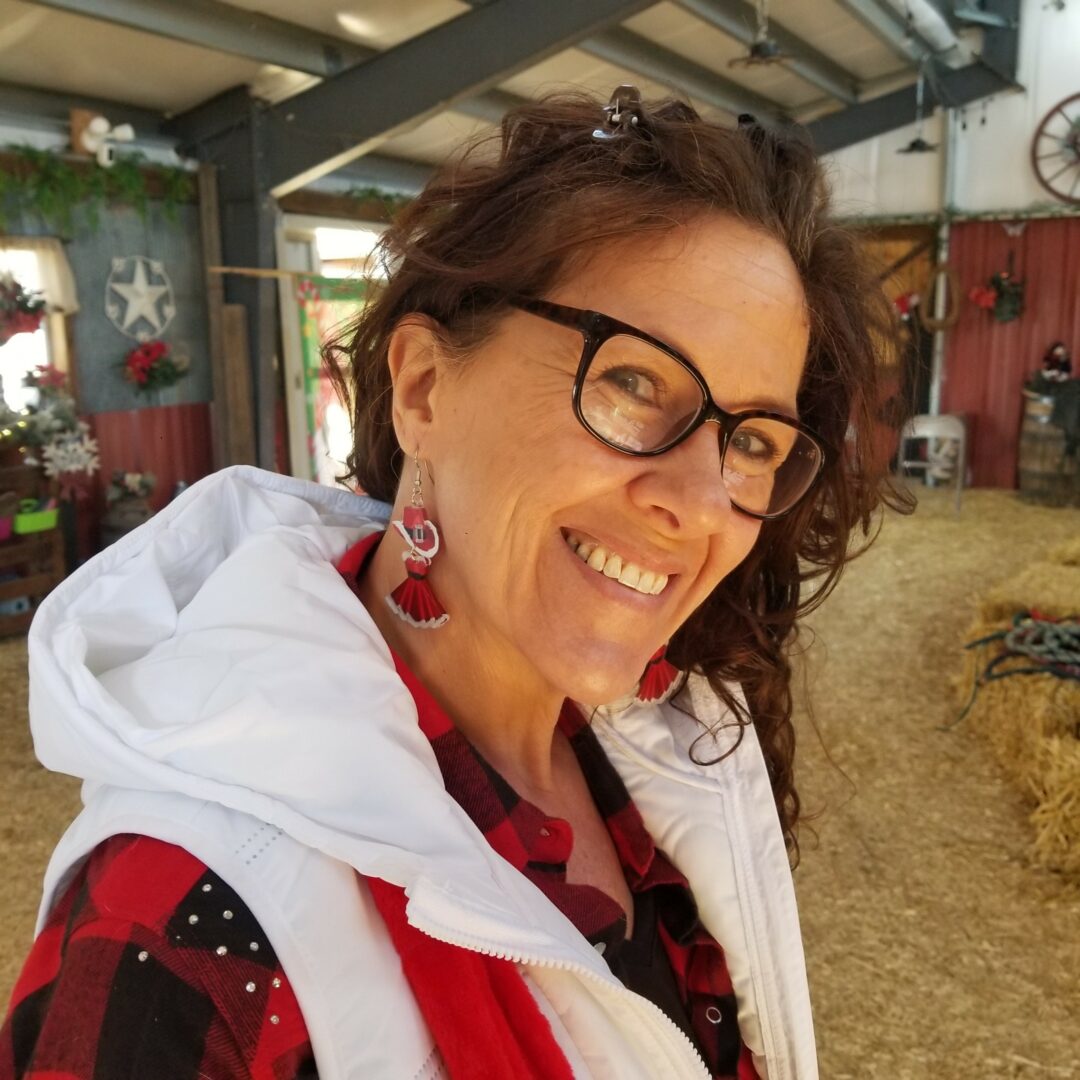
Image Credits
Sharron Wilen
so if you or someone you know deserves recognition please let us know here.

